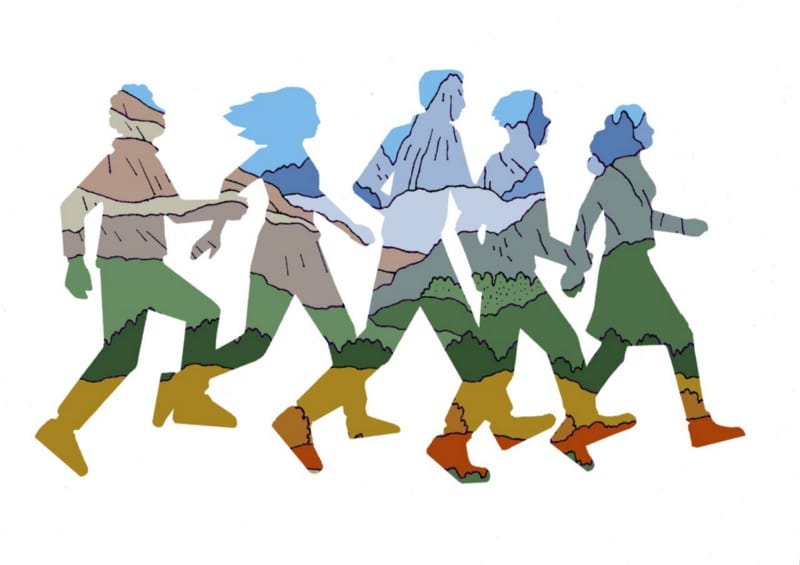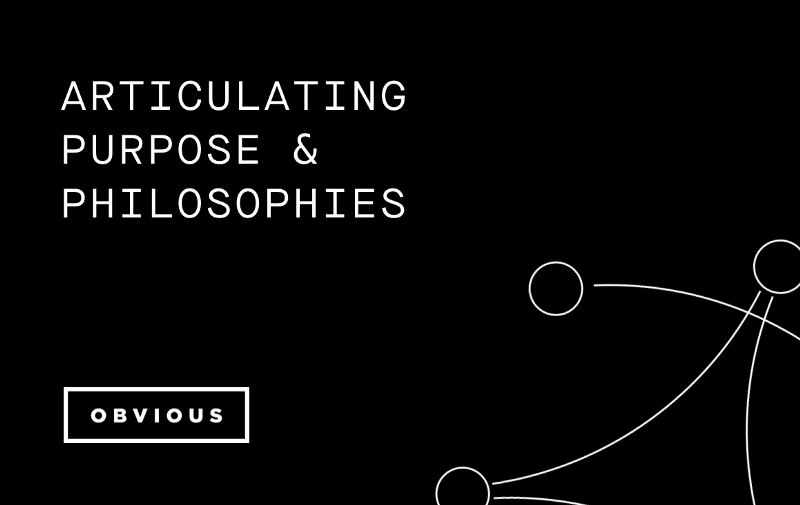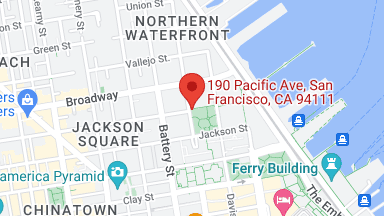Operationalizing Purpose
A practical, Patagonia-inspired guide for entrepreneurs on purpose, values, and the philosophies that underpin it all
Vishal Vasishth |

When reflecting on my decade at Patagonia, I think about the people. Always the people.
We loved nature and wanted to protect it. We lived life outdoors. We cared deeply about making the greatest product, period. Each of us were fiercely individualistic, and yet we had a sense of the world around us — that we were part of a system bigger than ourselves.
We were all “dirtbags” (how founder Yvon Chouinard referred to us, affectionately), driven by similar beliefs, and unified under a shared purpose: Build the best product, cause no unnecessary harm, use business to inspire and implement solutions to the environmental crisis.
It wasn’t easy, but it was simple.
Today I’m frequently asked about Patagonia’s culture, and what it takes to operationalize purpose more specifically. While there are volumes of text and frameworks galore dedicated to the topic, we didn’t have any of these at Patagonia. Our culture stemmed directly from the company’s purpose and how we customized it within something unique to Patagonia: departmental philosophies (more on these below).
Investing time on purpose and how to bring it to life is a classic “quadrant two” task: a most important task, and yet one that is least urgent. With so much happening at the start of every entrepreneur’s journey, it’s understandable why this isn’t prioritized. I believe it should be.
It won’t be easy, but it will simplify everything.
I. State your purpose, clearly
When entrepreneurs pitch us at Obvious, we consistently ask the same questions: Why are you doing this? Why is it your life’s work? We hear answers like:
- “Because we can, and must, fix our healthcare system for the benefit of society and patients.”
- “We can’t afford not to transition all our transit vehicles from internal combustion to fully-electric, emission-free.”
- “No one should be bearing the full brunt of dull, dirty, and dangerous jobs, especially today.”
These answers, more often than not, find their way into the company’s stated purpose.
It is the north star of any culturally sound organization. It’s the slogan on your company’s metaphorical doormat, the beginning of nearly every conversation, and the reason your people show up to work. It’s something all employees, from #2 to #100, should know by heart. It can be catalytic, if and only if the founding team/leadership believe in it at their core, and if it is established clearly from the beginning.
Incorporating this into everything from your first term sheet to your first goal-setting process will set you on the right path toward making mission-aligned hires, clearly delineating what you work on, and how you do it all — without being overly prescriptive.
II. Consider company-wide values early-on
While I see the benefits of company-wide values, we did not have a clear articulation of these at Patagonia beyond our purpose statement. This may not be what you were expecting, but we didn’t have posters with beautiful words hanging in the office telling us how to act. Founder Yvon Chouinard sums it up in Let My People Go Surfing: “[Our] values couldn’t be expressed in a how-to operations manual that offers pat answers.”
Earlier-stage startups, with smaller teams working across disciplines (in what may later become delineated departments) can consider articulating company-wide values as they look to establish culture from the very beginning.
The simple fact is that values are being set in every company, whether the founders are explicit about them or not. The seeds of these values come from the founding team, from internally-held beliefs through to everyday actions. Having an open discussion about them, leading to an articulation thereof, is most certainly better than not addressing the topic at all.
Many founders today often think of values as a six-letter word and a box to be checked. If you feel this way, then don’t do it. Unless it’s authentic and deeply believed from the top, it won’t work.
It’s ok to skip this step if you’re not ready for it, especially if you have a solid purpose statement and are confident in the hires you’re making.

III. Philosophies as you grow
It’s worth noting that as companies grow, it’s more challenging for values to be truly internalized and operationalized. HR has a totally different remit and set of outcomes than Product Development, and they shouldn’t necessarily have to abide by a prescriptive set of values that, in many cases, are simply rules for common decency (e.g. “the reasonable person principle” or the “no assholes rule”). But they can, and often should, inform one another — unified by purpose. Chouinard lays it out:
“Trying to make the best product also inspires us to create the best child care center and the best production department and to be the best at our jobs. ‘Make the best’ is a difficult goal. It doesn’t mean ‘among the best’ or the ‘best at a particular price point.’ It means ‘make the best,’ period.”
Here, again, is where a powerful purpose comes into play. Consider that our purpose statement at Patagonia was indeed clear, and unpacked, was itself a master guide for the company:
- Build the best product
- Cause no unnecessary harm
- Use business to inspire and implement solutions to the environmental crisis
This powerful, dynamic, and clear purpose unified the company, but did so without dictating how we each had to act. And so each department was empowered to develop their own operating philosophies, rooted in this purpose. Chouinard, again:
“The philosophies are an expression of our values as they apply to different parts of the company. Our philosophies for design, production, distribution, image, human resources, finance, management, and the environment are each written specifically to guide Patagonia through the process of designing, manufacturing, and selling clothing. But they can be applied to any other kind of business as well. For instance, we use our design guidelines for making clothing as the basis of our philosophy of architecture and building.
Our philosophies aren’t rules; they’re guidelines… At Patagonia, these philosophies must be communicated to everyone working in every part of the company, so that each of us becomes empowered with the knowledge of the right course to take, without having to follow a rigid plan or wait for orders from a “boss.” Living the values and knowing the philosophy of each part of the company align us all in a common direction, promote efficiency, and avoid the chaos that comes from poor communication.”
It’s also worth noting that these were not implemented in a set-and-forget fashion, and instead required a real and ongoing time commitment from the top. When Patagonia first laid them out, Yvon led week-long indoctrination seminars.
There were eight primary philosophies we held — Product Design, Production, Distribution, Image, Financial, Human Resources, Management, and Environmental — and while they were interrelated, no two philosophies looked alike.
Take the Product Design Philosophy, which essentially served as a checklist of criteria for Patagonia’s designers to consider: Is it functional? Is it multifunctional? Is it durable? Does it fit our customer? Is it as simple as possible? Is the product line simple? Is it an innovation or an invention? Is it a global design? Is it easy to care for and clean? Does it have any added value? Is it authentic? Is it art? Are we just chasing fashion? Are we designing for our core customer? Have we done our homework?
Our Production Philosophy, by contrast, was articulated more like a guided mandate:
- Involve the designer with the producer
- Develop longer-term relationships with suppliers and contractors
- Weigh quality first, against on-time delivery and low-cost
- Go for it, but do your homework
- Measure twice, cut once
[To see all eight philosophies, check out the worksheet below or this succinct summary from Fiona Stephenson of the Sustainable Business Network.]
The only way is your way
While it may be tempting to seek out a cut-and-paste solution, every entrepreneur’s journey here will vary.
Despite the differences, if you want the purpose of your organization to truly take hold in the operation, you must commit time and resources. This means purpose and philosophies must be reflected in your goal-setting processes and reviews, your daily workflows and weekly all-hands meetings, your interviewing and onboarding checklists, and more.
We’ve developed a printable worksheet here to help kickstart the process for you if you’re stuck:
- Set your purpose.
- Reflect on values.
- Build philosophies bespoke to each department of your organization.

It will be simple, but it won’t be easy.
Let us know how it’s going.



